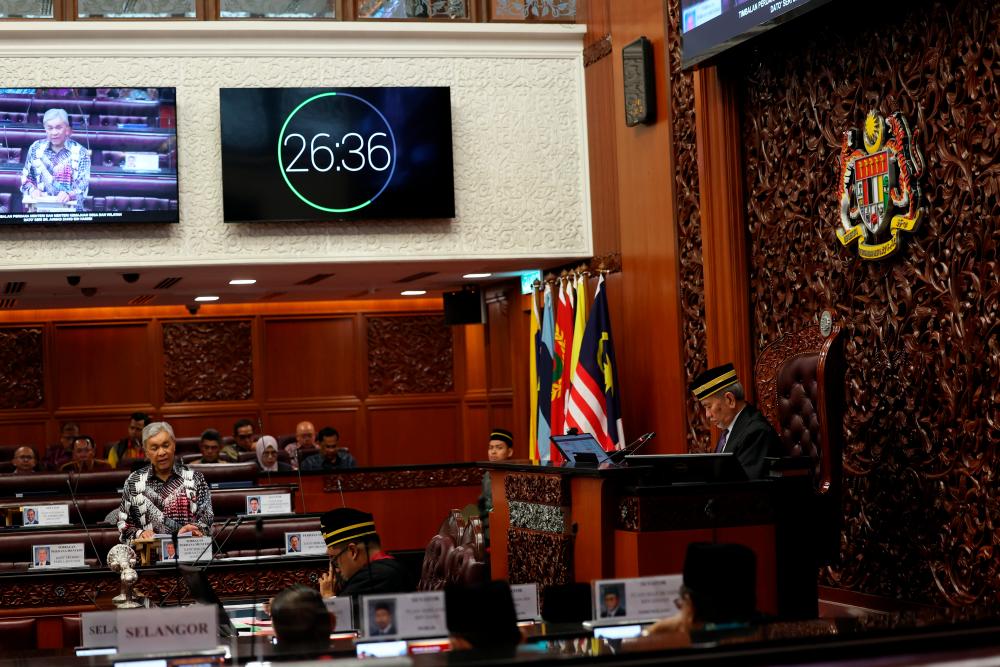KUALA LUMPUR: The Community Development Department (Kemas) will add more classes to implement early childhood education in 53 existing premises, starting March next year, said Deputy Prime Minister Datuk Seri Ahmad Zahid Hamidi.
Ahmad Zahid, who is also the Minister of Rural and Regional Development, said that the implementation would involve costs amounting to RM3.1 million per year, covering salary payments, utilities, per capita grants and supplementary food assistance.
“The expansion involves additional classes at existing premises, which are in high demand, and this step is expected to provide increased access to quality and beneficial education for more than 1,300 children.
“This move is expected to ease the burden of pre-school education costs which parents have to bear,” he said when winding up the debate on the Supply Bill 2024 for his ministry, in the Dewan Negara today.
In a related development, Ahmad Zahid said that the government has also approved the proposed construction of 10 new Kemas early childhood education centres for 2024, costing RM30.7 million.
Ahmad Zahid said that there are 10,693 tabika (kindergarten) and 563 taska (childcare centres) under Kemas, nationwide, with both offering education to more than 228,000 children, aged two to six, involving 12,160 teaching staff.
In the meantime, the Deputy Prime Minister said that new appointments for the Federal Village Development and Security Committee (JPKKP), in states which are not aligned with the federal government, will be made in January.
He said except for Sarawak, the implementation of the JPKKP had been agreed upon by the Cabinet ministers at the July 12 meeting.
“For other states in line with the other federal government, we use the JPKK.
“The government agreed for Sarawak to retain the Village Development and Security Committee (JKKK)... this is a privilege for Sarawak,” he said.
Ahmad Zahid said although it is in line with the federal government, the implementation of JKKK in Sarawak is through the state government as the Appointing Authority (PBM). -Bernama









